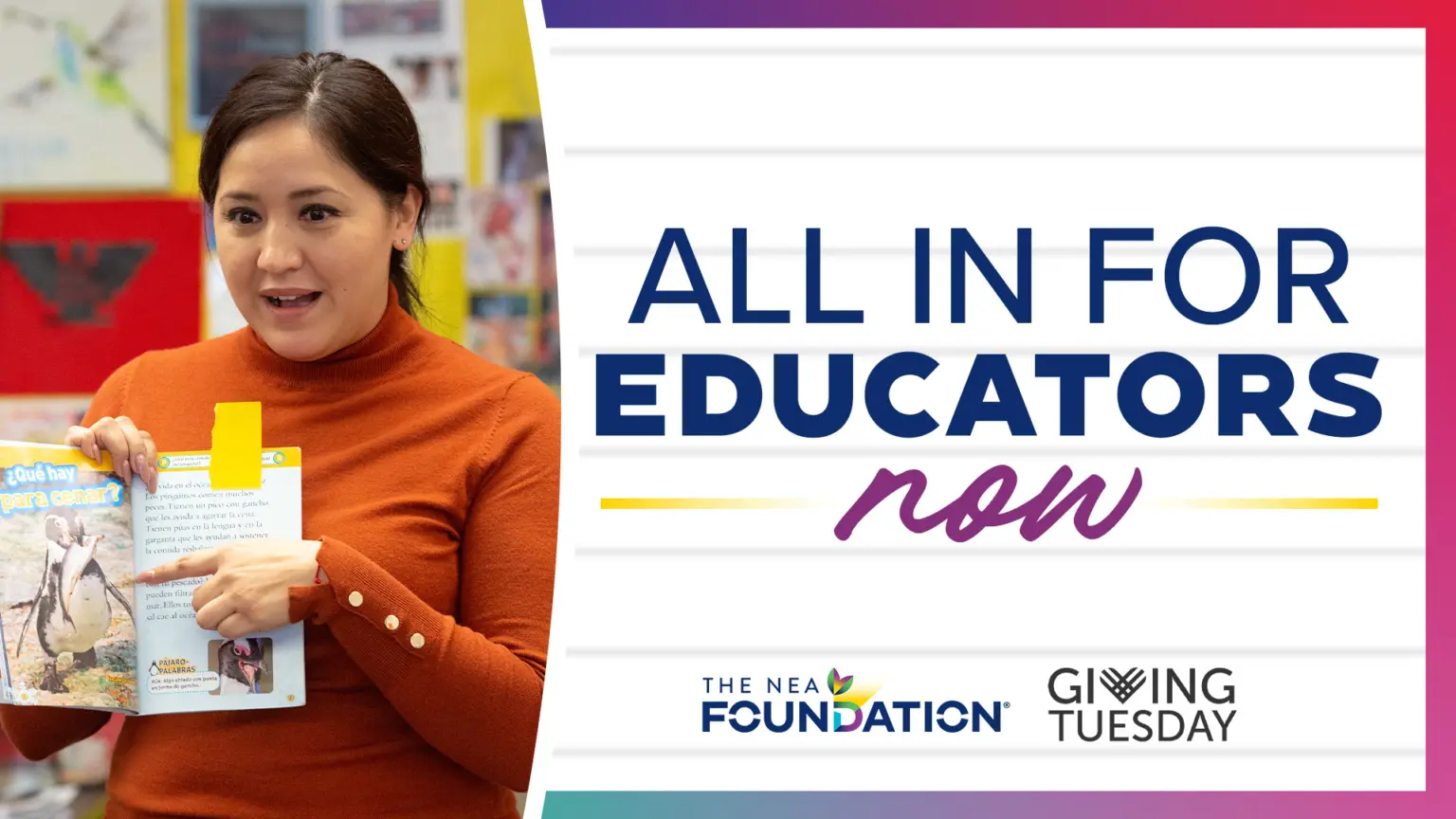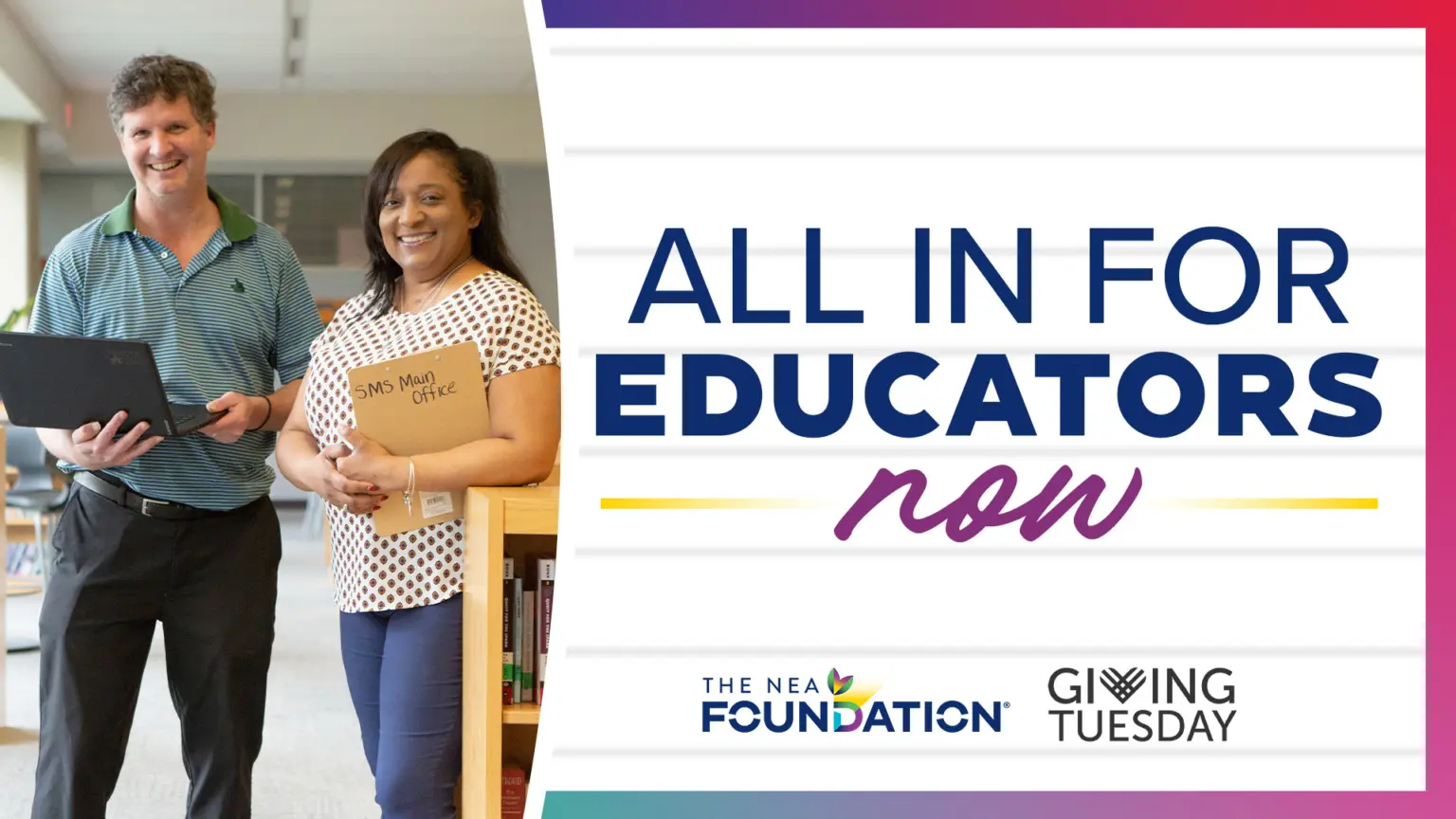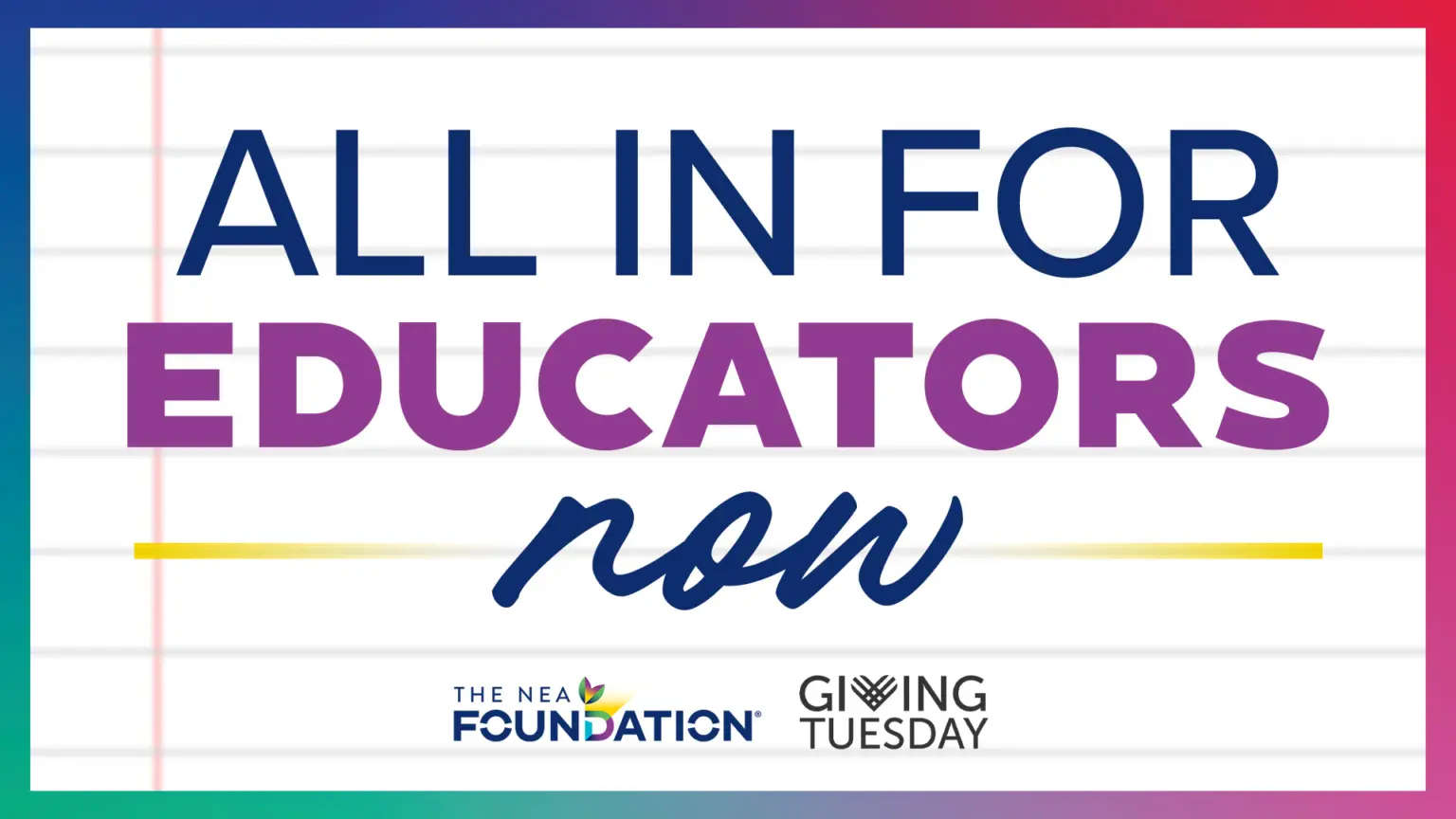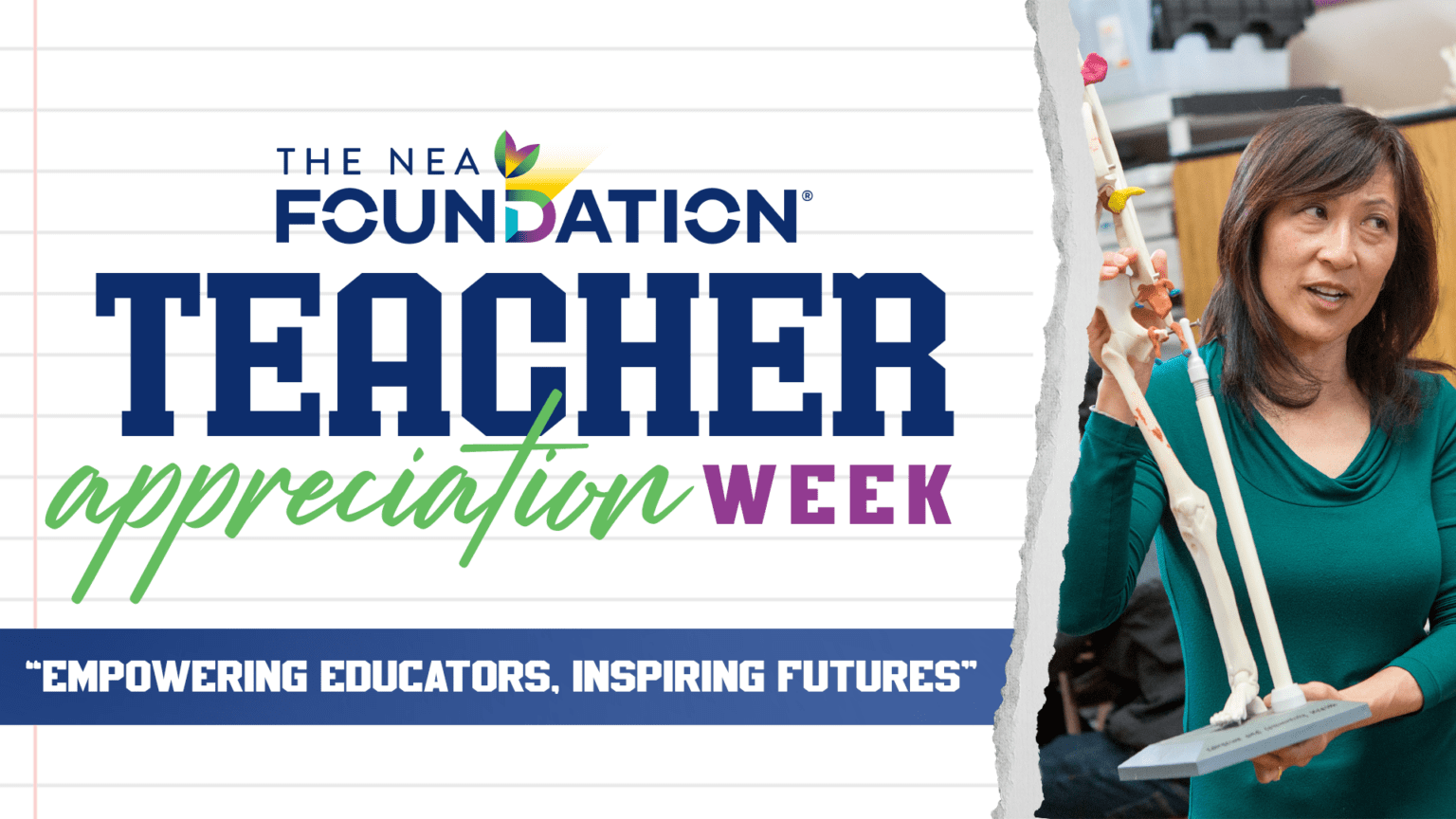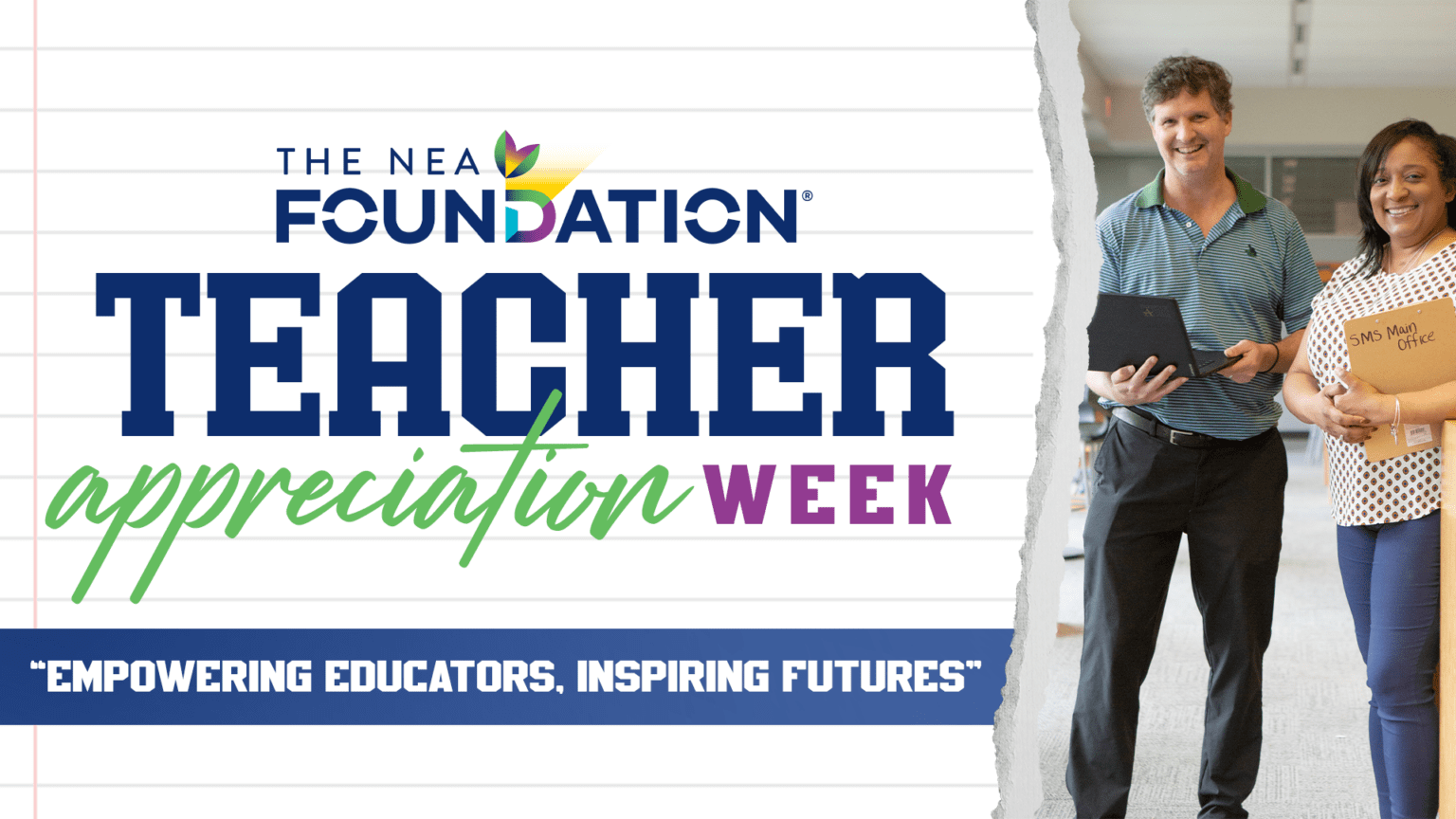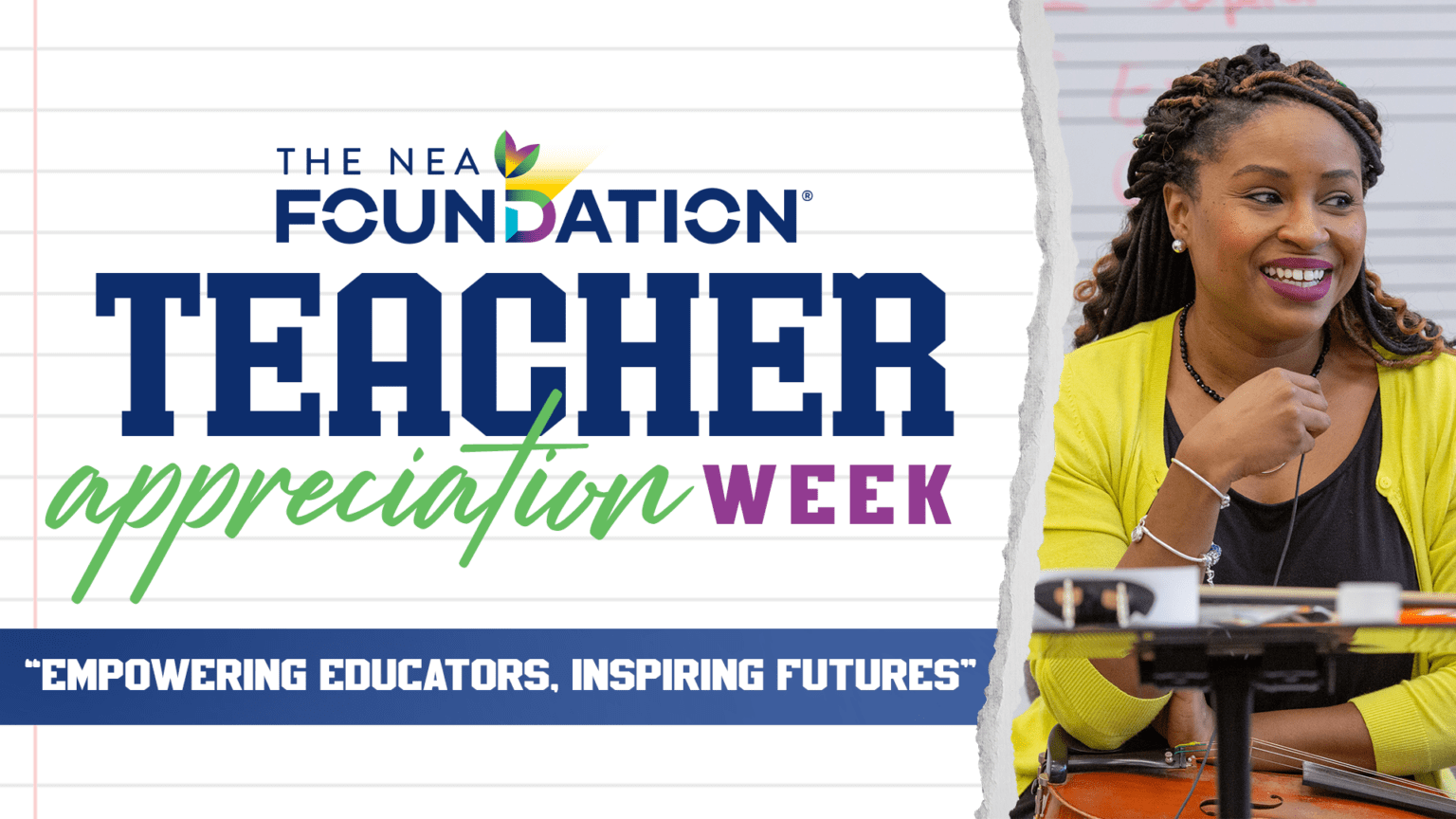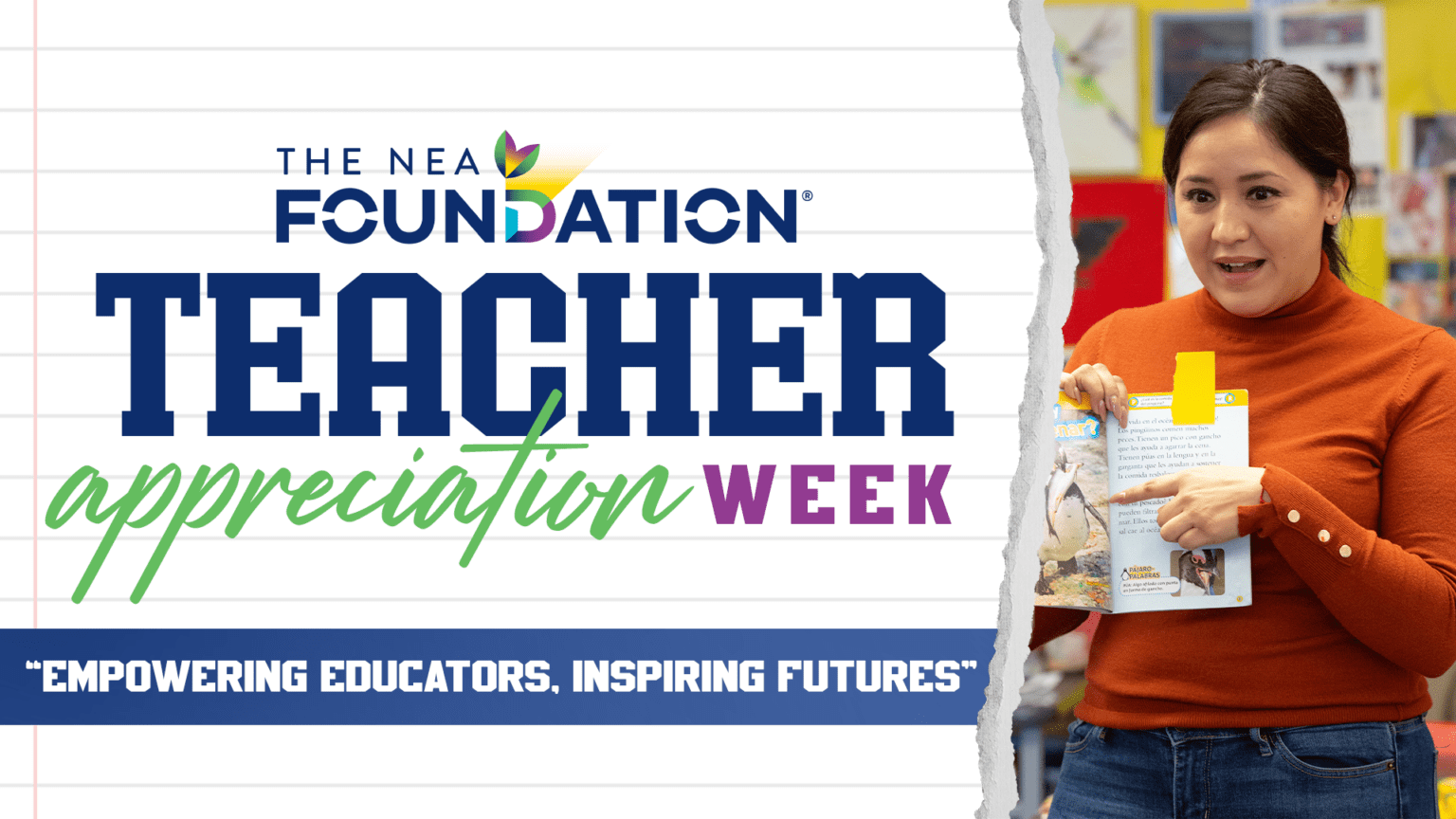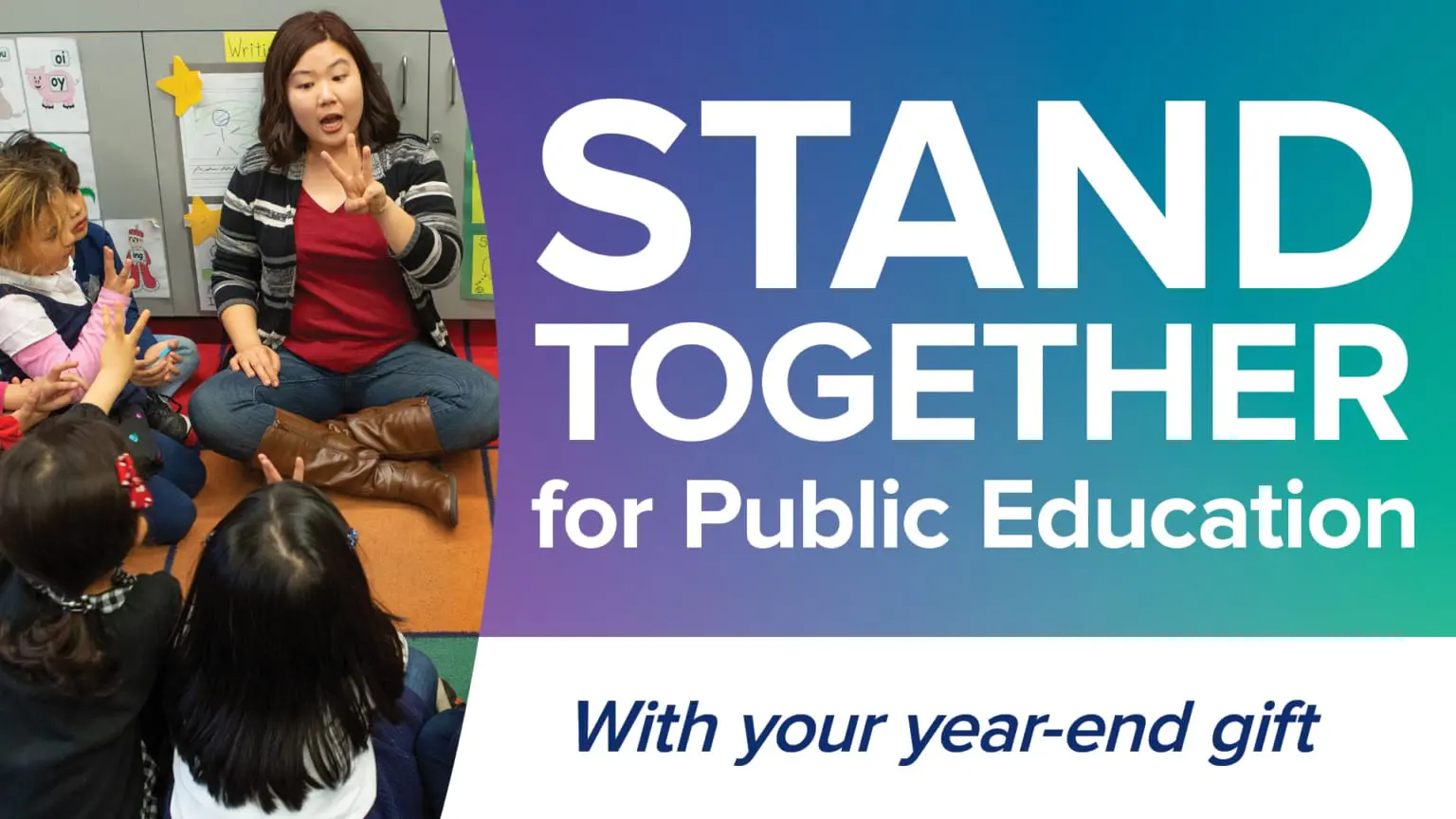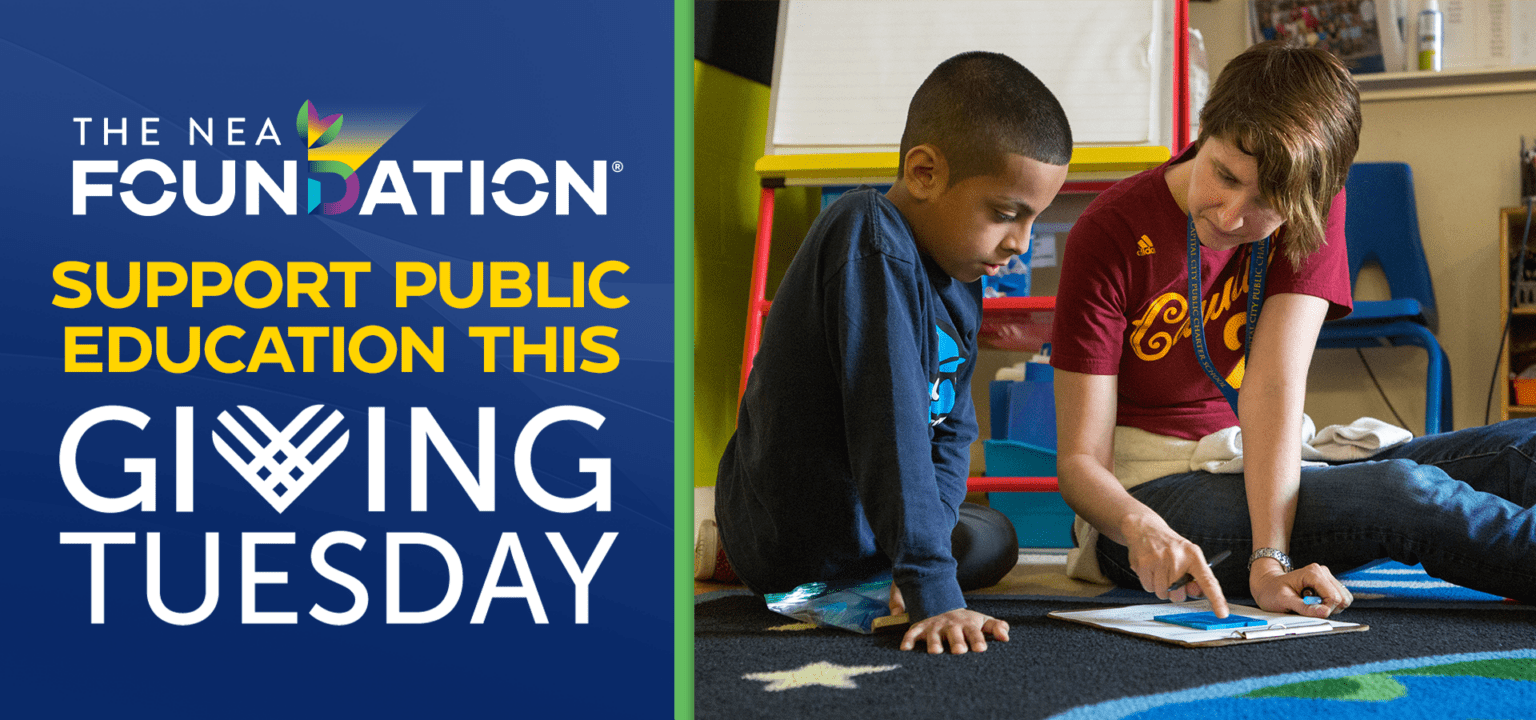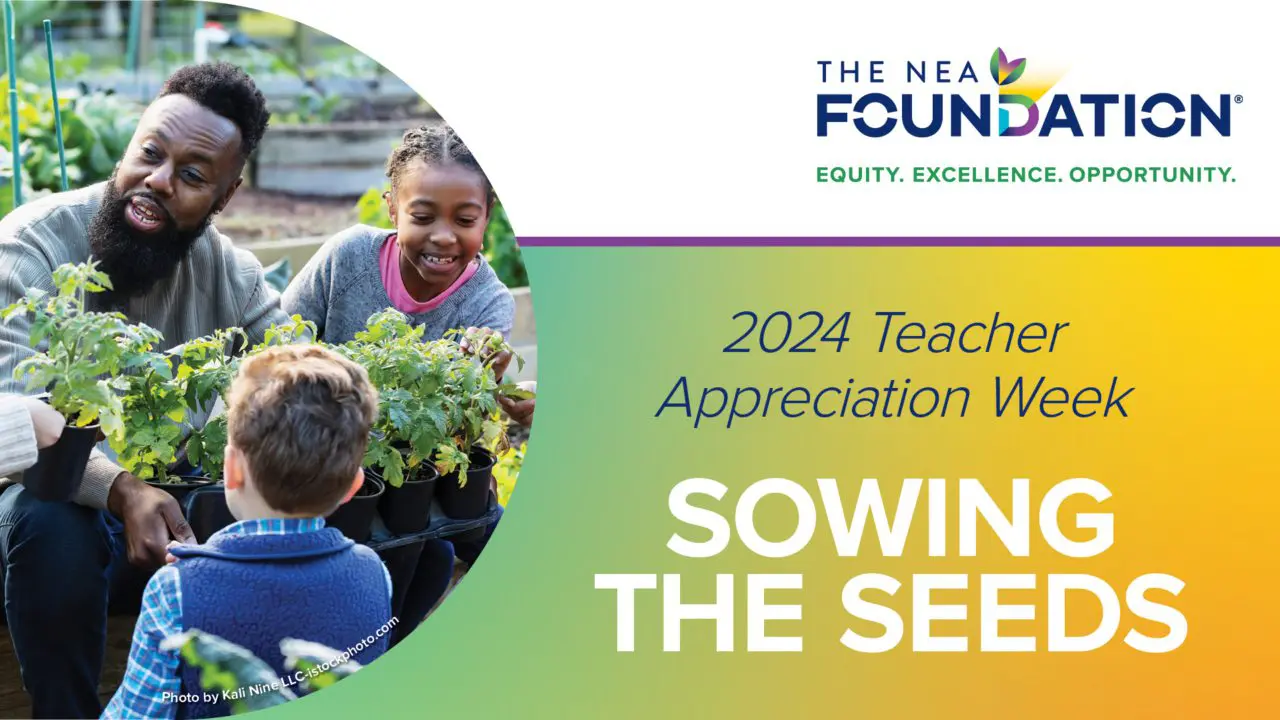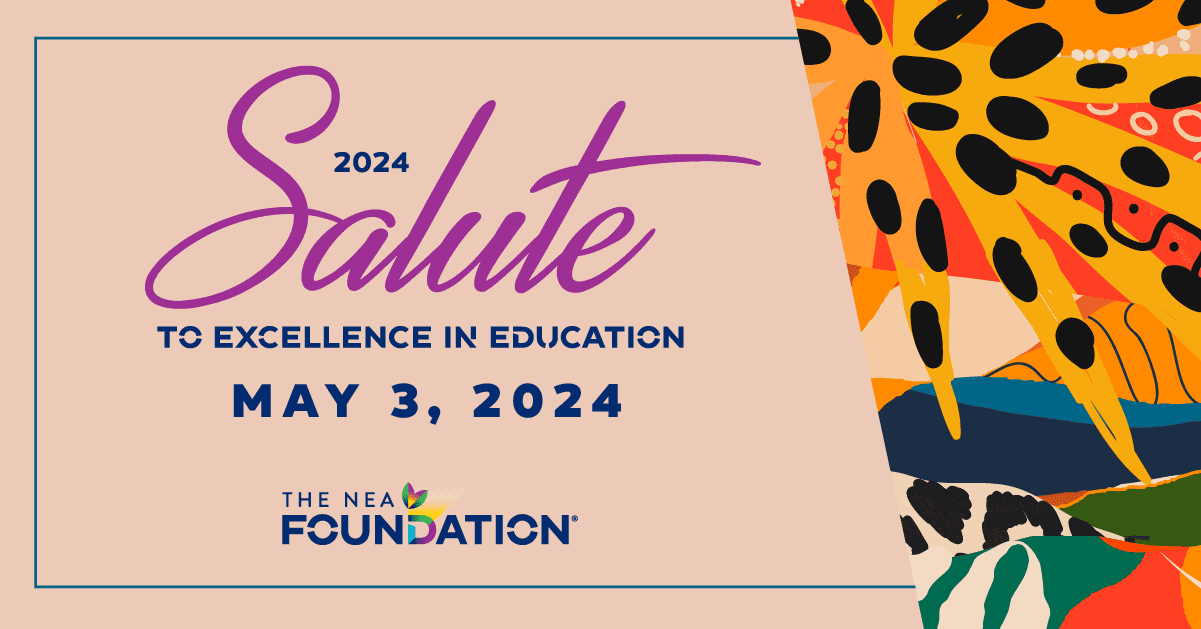 Mississippi State Sen. Robert Jackson is CEO of the Quitman County Development Organization (QCDO) and an NEA Foundation Community Schools Initiative grantee from Marks, Miss., a community widely known as the launch site of Martin Luther King’s Poor Peoples Campaign and Mississippi Mule Train. A native of Marks, Jackson has worked to improve the quality of life for residents throughout the Mississippi Delta through advancements in early childhood and young adult education, housing, and community and economic development. After serving the 11th district in the Mississippi State Senate for nearly 20 years, Senator Jackson recently shared his vision and experience in advocating for community progress and public education with the NEA Foundation.
Mississippi State Sen. Robert Jackson is CEO of the Quitman County Development Organization (QCDO) and an NEA Foundation Community Schools Initiative grantee from Marks, Miss., a community widely known as the launch site of Martin Luther King’s Poor Peoples Campaign and Mississippi Mule Train. A native of Marks, Jackson has worked to improve the quality of life for residents throughout the Mississippi Delta through advancements in early childhood and young adult education, housing, and community and economic development. After serving the 11th district in the Mississippi State Senate for nearly 20 years, Senator Jackson recently shared his vision and experience in advocating for community progress and public education with the NEA Foundation.
Questions
In your capacity as a state senator, CEO of Quitman County Development Organization, and a passionate advocate for your community, how do opportunities in public education fit within your vision for Quitman County and Northern Mississippi?
I have been involved with efforts to improve public education for most of my career because it is so important to our community’s present and future. It’s no secret that access to a quality public education is the key for children to lead healthy and productive lives. For young people in rural communities like Quitman County, we know that education also is the pathway to opportunity for students to thrive and then, as they go through life, to climb the economic ladder. We owe it to our children to make sure they have access to the best in public education.
With your leadership and that of local education leaders, like Quitman Country Schools Superintendent Dr. Fredrick Robinson, your community has begun to build a community school strategy that addresses the needs of local students and school communities. Why is the community schools model attractive to a rural community like yours?
For many of us living in rural communities, there are few places where people can congregate in large numbers. We’ve always turned to our schools for many different purposes and community functions. So when we look at the community schools strategy, we see opportunities to help our schools be even more effective in meeting different student and community needs. We see the opportunity for our schools and public education system to be a force to accelerate our progress and achieve positive outcomes.
Can you share an experience in your life that has informed your understanding of the inequity that exists in the public education system?
There is one experience that I remember clearly from when I was a child. My family, friends, and I, as sharecroppers, would be working in the fields during the school year while white kids had the opportunity to go to school. I remember seeing their big buses drive by me while I was working and seeing the bus filled with white children. Even then, it didn’t sit right with me. Why did they have the opportunity to go to school while we had to work? And before we had access to public education in Quitman County, my older siblings went to church school because there was not a public school to educate Black children.
Now, during a time when public education is under attack at all levels of government, we have to commit to making sure that public education is accessible for all children, especially for those groups who have been denied that opportunity in the past.
What gives you hope when you think about Quitman County’s future as it pertains to public education?
It gives me hope that institutions like The NEA Foundation are drawing attention to the distinct needs and opportunities of rural communities and how community schools can serve places like Quitman County. I think there is great potential in growing opportunities to attract federal resources and other organizations who care about improving public education for children in Mississippi. There is much we can do in partnership with the Southern Regional Alliance for Community Schools, and I hope that more rural communities will join the Alliance in the future.


